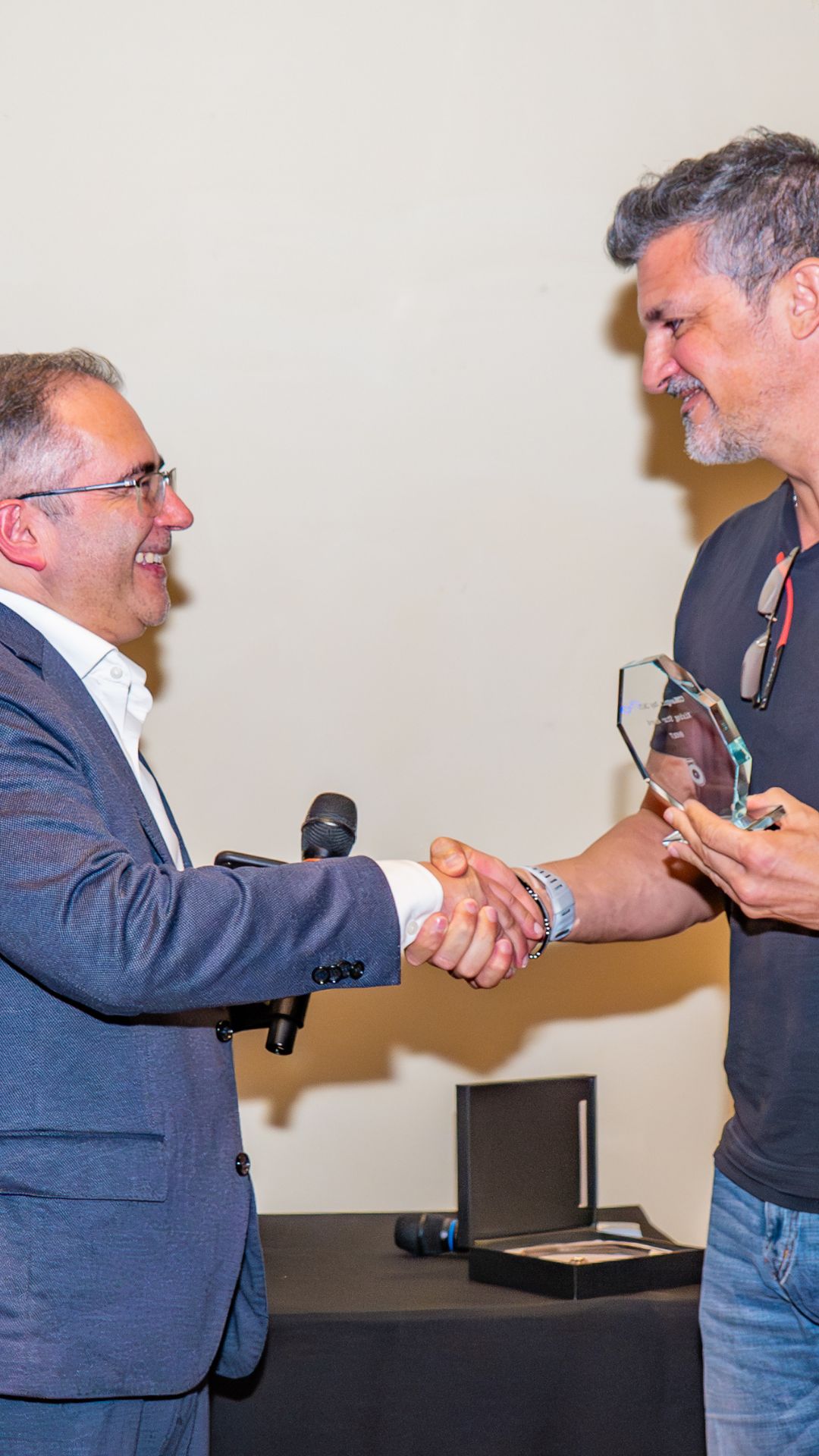The Angelpreneurism: an insight to business angel's personalities
Characteristics of an angel investor
Entrepreneurs and business angels have been identified in the past as entirely separate universes. However, another way of seeing the angel phenomena is through an entrepreneurial continuum, in which being an angel is just the next step of the entrepreneurial career. Previous angel research tells that business angels and entrepreneurs share many similarities in their mindset and behaviour. Both groups are proactive, show an appetite and passion for innovation, take high risks, and exhibit a high degree of autonomy in decision-making.
According to a scientific study by Fauchart & Grubber (2011), there are three “pure” types of identities for entrepreneurial founders: Darwinians, Communitarians and Missionaries. We can today understand that these can be equally applicable to business angel’s identities, understanding that entrepreneurship is a mutual drive in both personalities.
- Darwinians: This personality focuses more on the competition with other firms, and is mainly driven by their economic interest. Darwinian business angels prioritize the return on their investments, being guided by a high level of assertiveness and professionalism.
- Communitarians: This personality views their firms as social objects. Startups are instruments to serve a specific need, being supported to develop mutually beneficial relationships. Communitarian angels would seek to behave authentically with their communities, investing in connecting their career with their values, developing the ecosystem and supporting local entrepreneurs.
- Missionaries: This personality sees their firms as political objects that can advance a particular cause for the benefit of society at large and are linked to solving global problems. Missionary angels will be more concerned about living the “ethos” of entrepreneurship, investing in entrepreneurs with a sense of mission to change the world positively and solve big problems. Missionaires would also tend to attract more angels to the angel cause and enlarge the entrepreneurial mission.
It has been noted that regardless of the type of business angel that dominates the identity of each individual with more or less grade of purity, every business angel has a certain dose of passion for entrepreneurship. This passion that tends to perform over the lifetime distinguishes angels from other financial investors more concerned with final results and less concerned with the process of being involved with entrepreneurs.
It is not hard to believe that individuals with a strong angel identity also have a strong sense of “angelpreneurism”, grounding their life on promoting entrepreneurial values, considering angels belong to an entrepreneurial elite and contributing to inspiring the world change through entrepreneurship.
One way to turn this passion into action is to create new angel groups, professionally organized, and encourage others to build jointly well-thought angel experiences.
But, can different business angel identities coexist harmoniously with each other in the same group?
The answer is not simple. It depends on how the individual and group experiences are related and dynamised by the angel leader. There is a healthy tension in which the diversity of identities is positive and does not compromise the homogeneity and coherence of each group, but it can reach a point, especially in large groups, where it makes sense for angel leaders to reorganize individual angels around smaller groups with common purposes and investment thesis aligned with common goals and values. The angel market is changing, and we are living the time and the opportunity to set up new forms of organization of the angel industry that look into angel investing as a long-term and noble activity, professionally enjoyable and aligned with our deepest entrepreneurial values.
Rui Falcão says: “Being an angel is a powerful transforming experience. Discover and enjoy your angel identity.”











